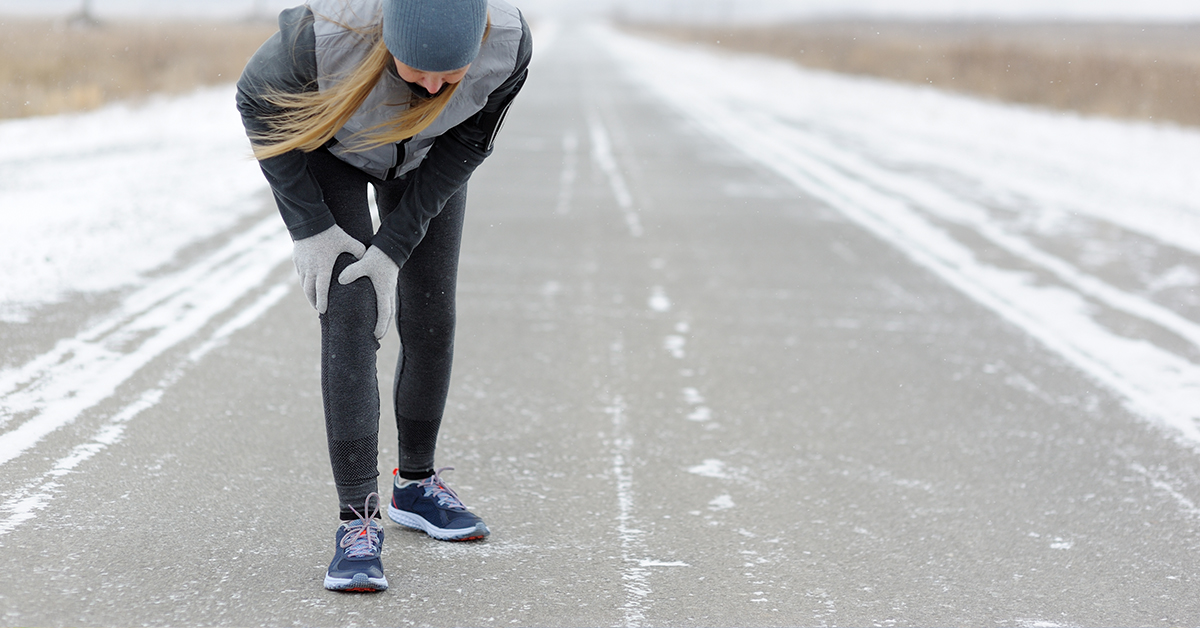
Tips To Avoid Common Winter Injuries
It's quite common to experience pain or injury while participating in winter-related activities. Your back, shoulders, neck, and joints may hurt and interfere with your overall quality of life. However, there is a silver lining. There are things you can do to prevent common winter injuries and protect your body during the winter months.
Most Common Winter Injuries
Perhaps the most common winter injury is falling on the snow and ice. If you live in an area that requires you to shovel snow or scrape ice off your car before driving, you may also face muscle strain.
Since winter weather leads to dangerous road conditions, your risk of getting involved in a car accident is higher than it is when it's warm outside. In addition, you may sustain injury if you ski, snowboard, or enjoy other winter sports or activities.
These situations can lead to a number of different types of injuries, ranging in severity from minor to severe. You may face bruises, head injuries such as concussions, bone fractures, back injuries, and/or spinal cord injuries.
How to Prevent Winter Injuries
If you'd like to reduce your risk of winter injuries, be sure to follow these prevention tips:
Wear Appropriate Footwear
The winter is not the time to wear your high heels. Ideally, you'd put on comfortable, properly fitting shoes with non-slip rubber soles every time you leave your house. The larger the treads are, the more grip you'll get and you will be less likely to slip and fall in the snow.
Slow Down
It may be tempting to run on the snow and ice, especially if you're in a hurry. Doing so, however, can lead to dangerous falls. So, it's important to slow down and pay attention to your surroundings whenever you spend time outside during the winter months.
Invest in Sand or Deicer
You can't control how icy your driveway or yard becomes in the winter. What you can do is use sand or a deicer to create a less slippery environment. If you don't feel comfortable de-icing the outside of your home, don't hesitate to hire a professional.
Drive Safely
When you drive in the snow and ice, it's important to drive slower than the posted speed limit. Also, slowly apply the gas so you can regain traction when necessary and prevent skids. If you know there will be a snow storm, cancel your plans and stay home. Remember it's better to be safe than sorry.
Even if you take the necessary steps to prevent winter injuries, they may still arise. If you experience pain or swelling that persists, consult the doctor.

